As is true of many others long before me, I first encountered David Medalla (1942–2020) through the pages of the Signals newsbulletin (1964–66), of which he was editor. The context was a graduate seminar on the work of Lygia Clark, and one of Medalla’s folded duo-chrome broadsheets taught us more than any available book. This particular issue, devoted to Clark, combined images representing 15 years of her work with the first English translations of both her statements and writings by Mário Pedrosa, a poem by Walmir Ayala, and an excerpt from Gaston Bachelard’s ‘L’Intuition de l’instant’. On the back page is Medalla’s ‘Found-Poem for Takis’, one of several works of visual poetry within Signals.
The name ‘Signals’ came to describe both the newsbulletin and the group, meeting place, and venue whose activities it documented and extended. The works that Medalla introduced in the newsbulletin’s first issue, from his already-celebrated Cloud Canyon bubble machines to his proposals for ‘machines for making instant-poetry’ and radio-controlled flying sculptures, were emblematic of the stated purpose of this collective enterprise: to be a forum for ‘imaginative integration’ between all of the arts and ‘technology, science, architecture and our entire environment’. The work of assembling the newsbulletin was unmistakably that of Medalla too. To me, it has never seemed something designed to be read cover to cover and all in one go, but rather by discerning the significance of certain associations that Medalla had seeded – between image and text, poem and photograph, an artwork and an essay on crystallography, war, architecture, or the space race.
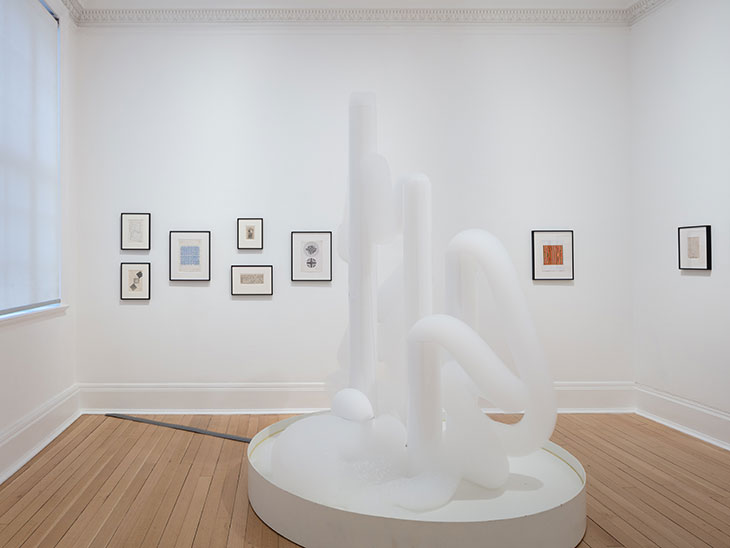
Installation view of ‘Signals: If You Like I Shall Grow’, Kurimanzutto hosted by Thomas Dane Gallery, London, 2018. In the foreground is David Medalla’s Cloud Canyons (1963–2018). Photo: courtesy Kurimanzutto, Mexico City; © Plastiques Photography, London
First existing as the Centre for Advanced Creative Study and operating from the home Medalla shared with Paul Keeler in South Kensington, before moving into its Wigmore Street ‘showroom’, Signals swiftly became one of London’s largest, bravest, most innovative and far-reaching spaces. The life that Medalla had already lived before arriving in England in 1960 goes some way towards explaining how all of this became possible. In Manila, he was already known as the teenaged published poet who had translated works by William Blake, Walt Whitman and Shakespeare from English to Tagalog; who had travelled to New York to attend a residential seminar for gifted young writers and ended up enrolled at Cornell; and who had transformed his family home into a studio, salon and exhibition venue named La Cave d’Angely. His first solo exhibition in England, organised by Guy Brett and Keeler in 1962, was a ten-year retrospective.
I met David in person thanks to a felicitous encounter in a train carriage, en route from London to the opening of an exhibition of Brazilian art at Modern Art Oxford. Having learnt, from those newsbulletin pages, that the artists I was researching as a student of Latin American art history had had large retrospectives in mid ’60s London was still a revelation. I had many questions. David indulged my impromptu interview with good grace, and great anecdotes, before turning his attention and mine toward finding out more about the work of a young artist, quietly seated opposite. This gesture, of encouraging fellow artists (or would- or could- be artists), became familiar to me. It was not only generosity, but also camaraderie, curiosity, commitment. In writing about a great artist who has so recently left us, it seems an appropriate tribute to also note that he was a great teacher and mentor to many – formally (through roles at St Martins and the Slade in the 1970s) but also less so via a multitude of such encounters, and through the most open and expansive of his collective enterprises, the London Biennial, founded in 1998.
Medalla was at the heart of an eventual opportunity to organise an exhibition that would make visible the intricate web of artists and ideas put into place and held together by Signals. In 1990s London, Medalla had befriended the then-student artist Gabriel Kuri, who in 2015 invited David to participate in an exhibition at Kurimanzutto gallery in Mexico City. Not long after that, the idea of an exhibition concerning Signals was born, and Jose Kuri and Monica Manzutto asked me if I would like to do it. In the process of research, I turned again to my dog-eared set of newsbulletins, scouring the pages for names less recognised in association with Signals. I began to draw up a long list that included those celebrated elsewhere but less remembered here (Lily Greenham, Harry Kramer, Nena Saguil) and those brought together by one of Signals’ final exhibitions from 1966, ‘Soundings Three’, a survey of experimental British art which included artists fostered by regional scenes and schools. I borrowed Signals’ idea of the ‘pilot’ show, a collective exhibition that does not conform to a pre-defined theme, but sets out to see how combining artistic tendencies might make perceptible their shared concerns. We intended to do the opposite of exhausting the history of Signals, but to be generative. In this spirit, the exhibition’s title (‘If you like I shall grow’) was suggested by Gabriel, and this was also taken from a newsbulletin page, where fragments of Mayakovski’s 1914 poem ‘A Cloud in Trousers’ are coupled with photographs of Medalla’s Cloud Canyons bubble machines.
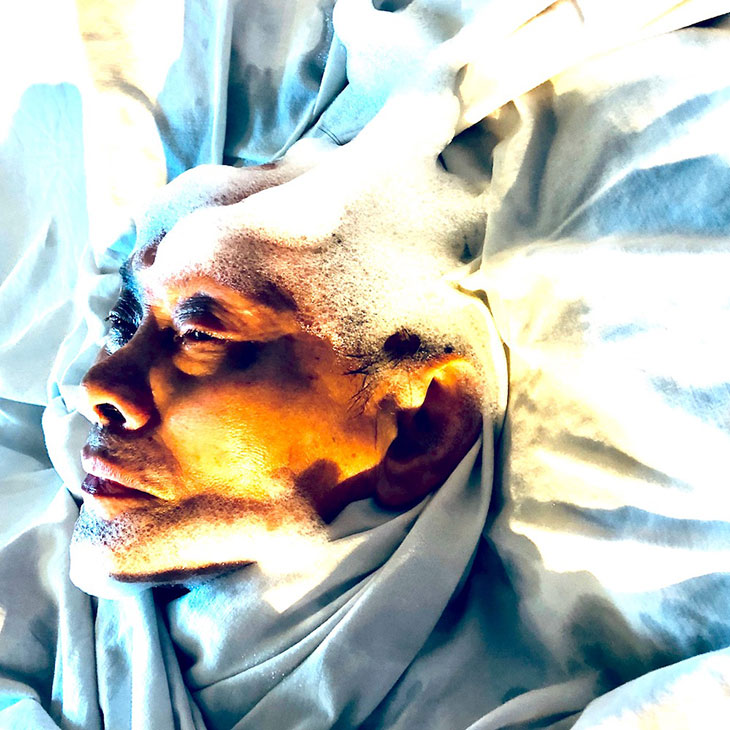
David Medalla, ‘A Cloud in Trousers’, Manila 2018 (2018), from David Medalla and Adam Nankervis’s series Sirens, portraits, impromptus + fanatic missions. Photo: © Adam Nankervis
By the time the exhibition project took shape, David was embarking on another journey, from Berlin to Manila, where he continued work for the last two years of his life, with friends, old and new, and with his husband and long-term collaborator, the artist Adam Nankervis. Adam and David’s last works are the most tender of their uncountable impromptu performances. To make a series of photographs that began in 2016, Adam gently laid found materials on David’s face. This daily ritual was, as Adam has said, a biography, an autobiography, a document of past actions, and ‘something more intimate, a document of the moment, a spellbinding action within our friendship’.
Unlimited access from just $16 every 3 months
Subscribe to get unlimited and exclusive access to the top art stories, interviews and exhibition reviews.


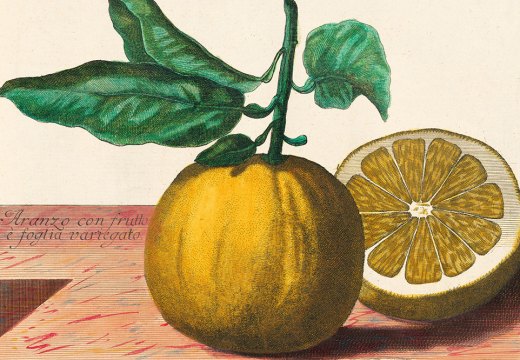

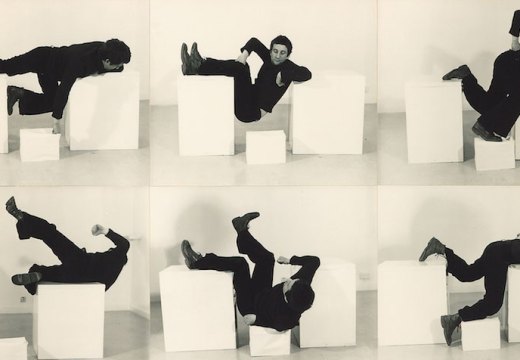
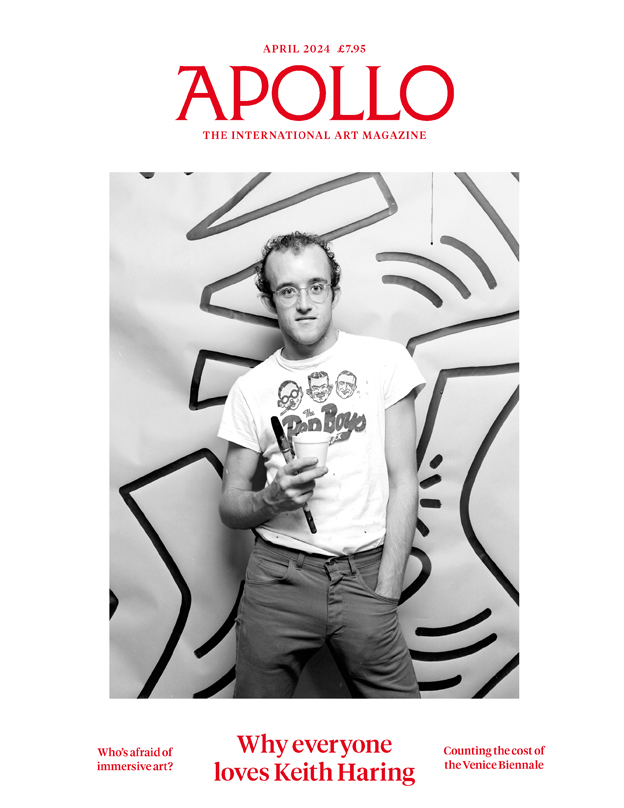
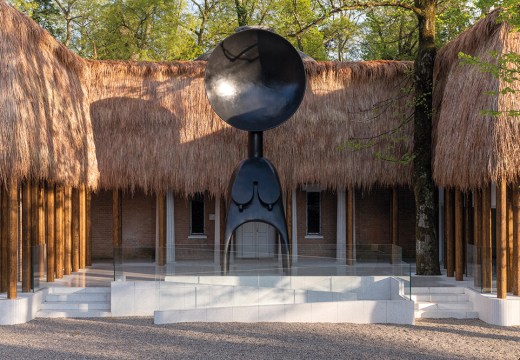
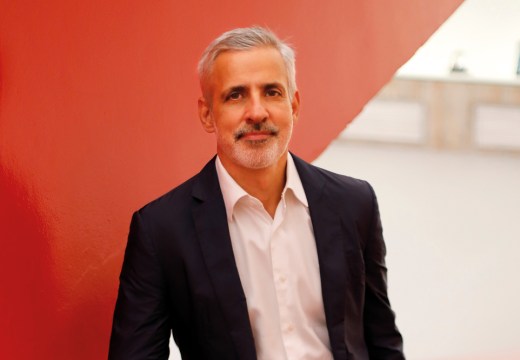

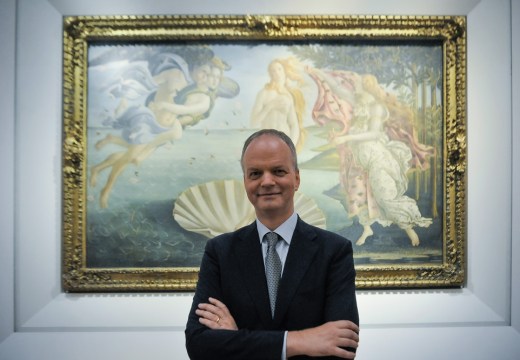
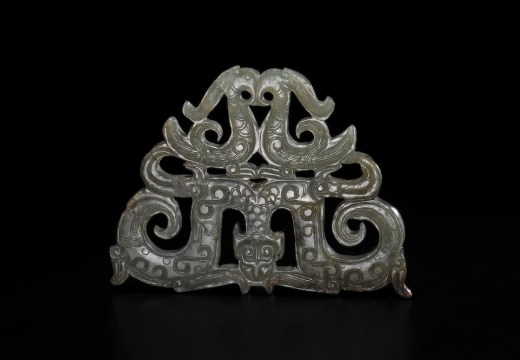
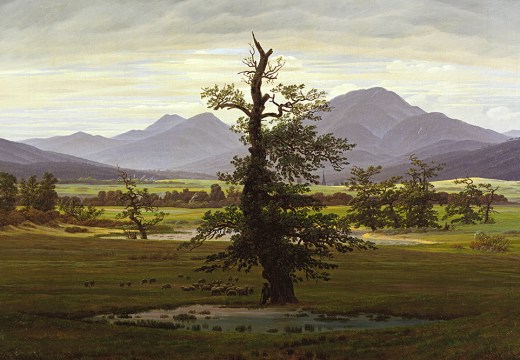
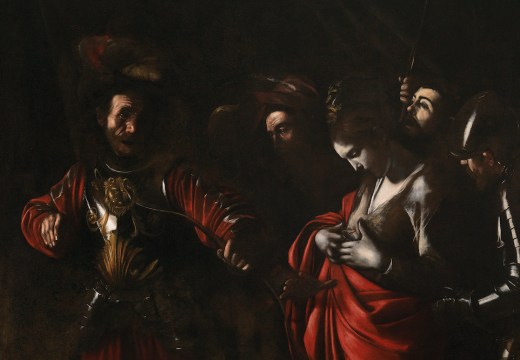
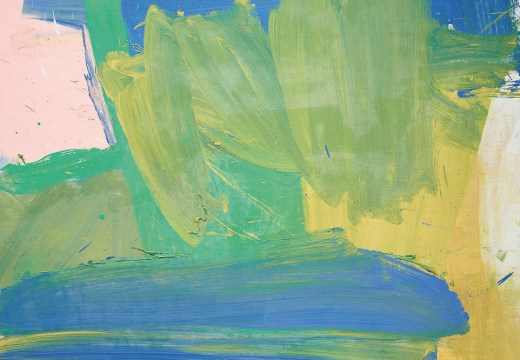
![Masterpiece [Re]discovery 2022. Photo: Ben Fisher Photography, courtesy of Masterpiece London](http://www.apollo-magazine.com/wp-content/uploads/2022/07/MPL2022_4263.jpg)
Why are fathers so absent from art history?